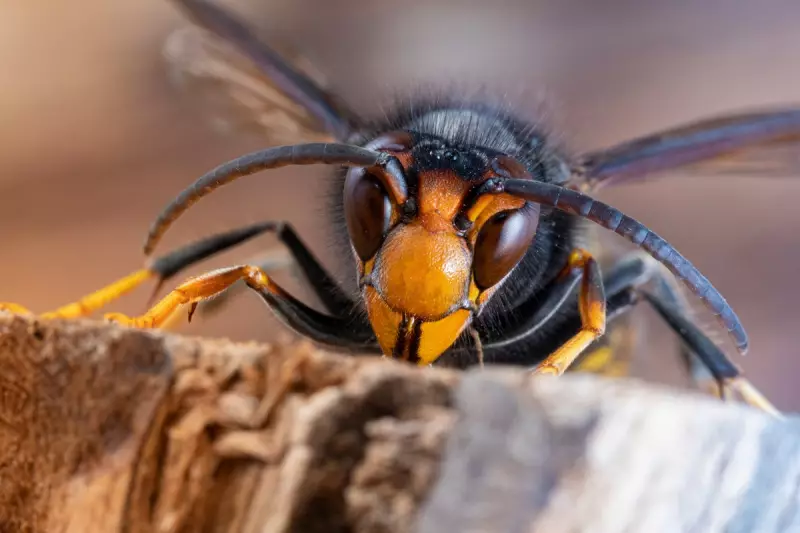
In a concerning development for global biodiversity and public safety, scientists have made a chilling discovery in the mountainous regions of Laos. Researchers have identified multiple species of Asian giant hornets, including the notoriously deadly Vespa soror - close relatives of the feared 'murder hornets' that have previously made headlines worldwide.
The Laos Discovery: A New Threat Emerges
During extensive fieldwork in Laos's dense forests, entomologists uncovered these formidable insects, noting their significantly larger size and more potent venom compared to European hornet species. The findings have triggered alarm bells among environmental and health authorities across Europe, including the United Kingdom.
Dr. Masato Ono, a leading entomologist involved in the research, emphasised the gravity of the situation: "These hornets represent a genuine threat to both human populations and local ecosystems. Their stings contain neurotoxins that can be fatal, particularly to individuals with allergies."
Potential Risks to British Shores
While these dangerous insects haven't yet been detected in the UK, experts warn that global trade and climate change create pathways for their potential arrival. The hornets' ability to travel undetected in shipping containers poses a particular concern for island nations like Britain.
British environmental agencies are now on high alert, implementing enhanced monitoring measures at major ports and encouraging public reporting of any unusual insect sightings. The Department for Environment, Food and Rural Affairs (DEFRA) has issued updated guidance to port authorities and import facilities.
Why These Hornets Are So Dangerous
- Potent venom that can cause anaphylactic shock in sensitive individuals
- Aggressive swarm behaviour when nests are disturbed
- Devastating impact on honeybee populations, threatening pollination ecosystems
- Ability to wipe out entire bee colonies within hours
Protection and Prevention Measures
British authorities recommend that citizens remain vigilant but avoid panic. Key precautions include:
- Learning to identify Asian hornets versus native European species
- Reporting any suspicious sightings to local environmental health officers
- Avoiding approaching or disturbing suspected hornet nests
- Seeking immediate medical attention for multiple stings or allergic reactions
The discovery in Laos serves as a stark reminder of how interconnected our global ecosystem has become, and why vigilance at Britain's borders has never been more crucial for public safety and environmental protection.





